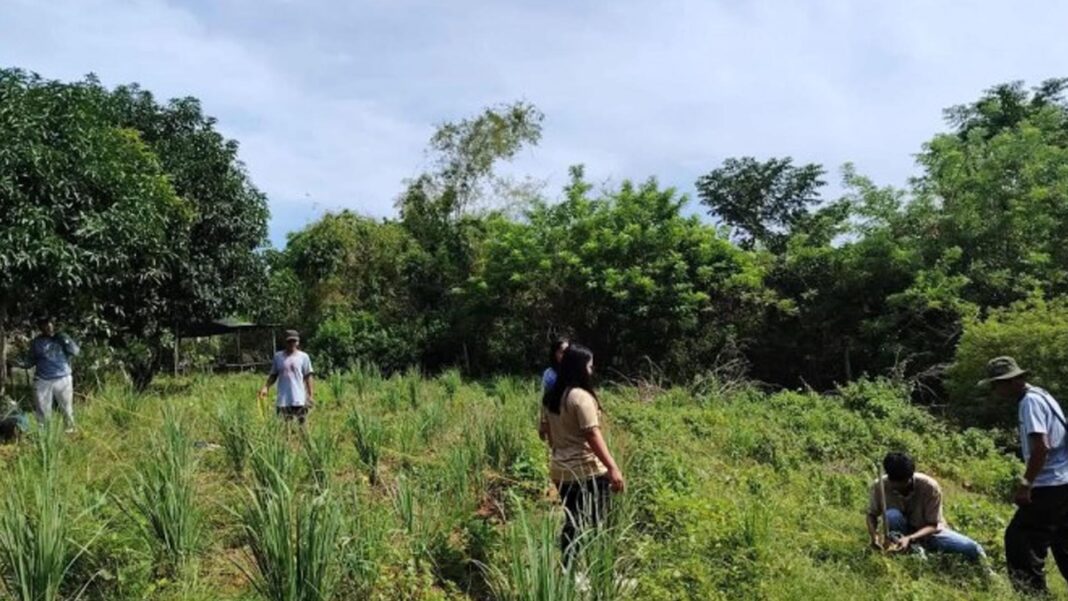Several farmers here are learning new ways to boost their income through integrated coconut farming with the help of the government.
Bernadeth Adones, training coordinator and owner of the Adones Integrated Farm in Barangay Payao, told the Philippine News Agency on Wednesday that a three-day training on coconut production and nursery establishment was facilitated by the Agricultural Training Institute (ATI) in coordination with the Philippine Coconut Authority (PCA).
Resource speakers from ATI and PCA provided technical guidance and facilitated interactive sessions.
“At the end of the training, we hope to organize as a duly registered coconut farmer association and establish a coconut nursery to promote sustainable agricultural practices on integrated coconut farming,” Adones said.
On the second day of the training on Wednesday, the 28 farmer-participants learned through both theory and series of workshops the actual planting layout, methodology, and fertilization to maximize coconut yield.
Basic record keeping was also taught.
The city government, meanwhile, expressed commitment to support the farmers and expand coconut growing in the villages of Sumader, Naguigarangan, Quiom and Maipalig.
“This initiative equips our kailians (constituents) with the knowledge and tools they need to boost coconut farming and promote sustainable agriculture in our city,” Mayor Markee Chua said in a statement.
In his fourth State of the Nation Address on July 28, President Ferdinand R. Marcos Jr. asked Congress to amend the Coconut Farmers and Industry Trust Fund Act to make it more responsive to the needs of farmers.
Signed into law in February 2021, the Coconut Farmers and Industry Trust Fund Act introduced reforms to the coconut industry aimed at ensuring the efficient utilization of the trust fund in line with the Coconut Farmers and Industry Development Plan.
Starting this year, the national government is targeting around 15 million hybrid coconuts and high-quality coconut seeds to be planted nationwide.
Part of the program is to involve various partner agencies and make use of modern farming techniques, better varieties, and the power of science and technology to increase the average coconut production to 150 nuts per tree annually from its current 40 to 45 nuts per tree. (PNA)


